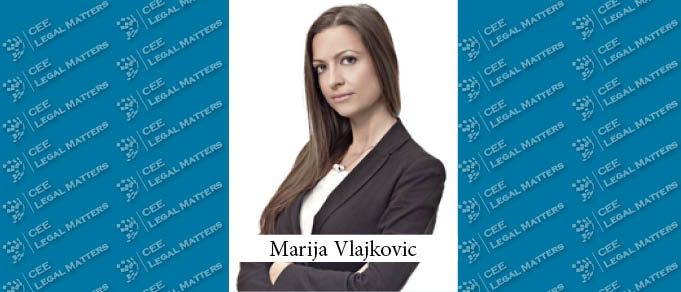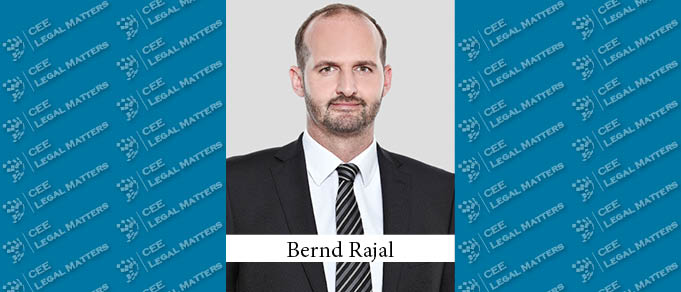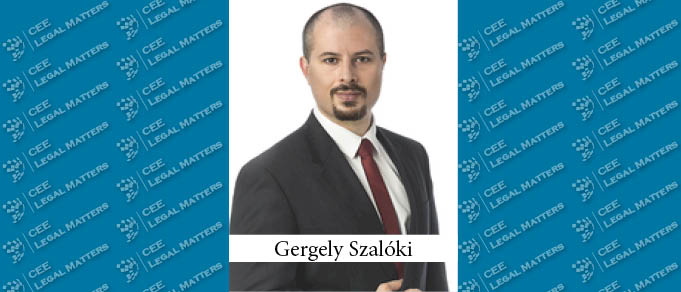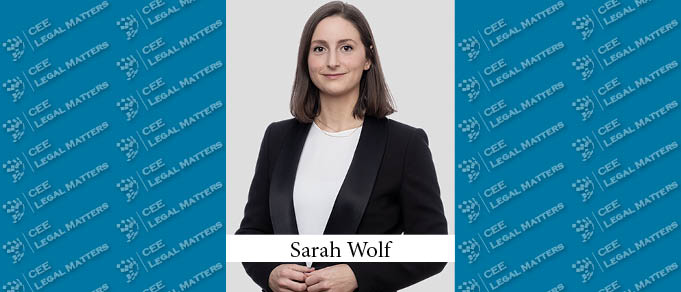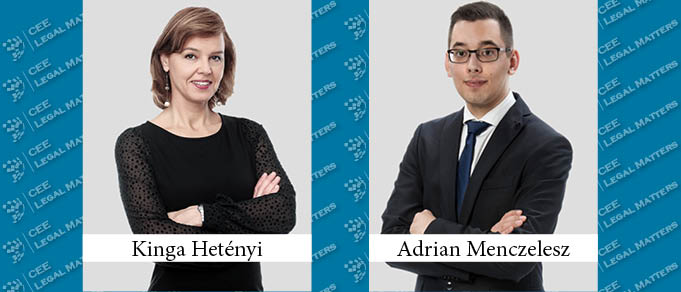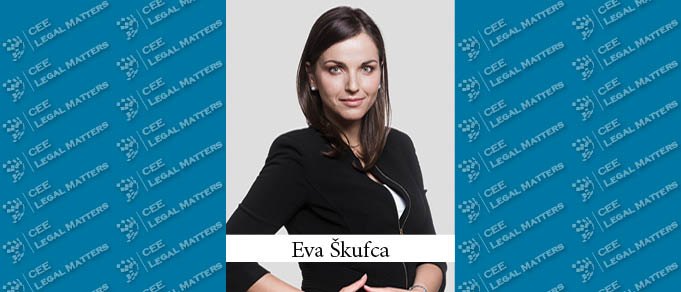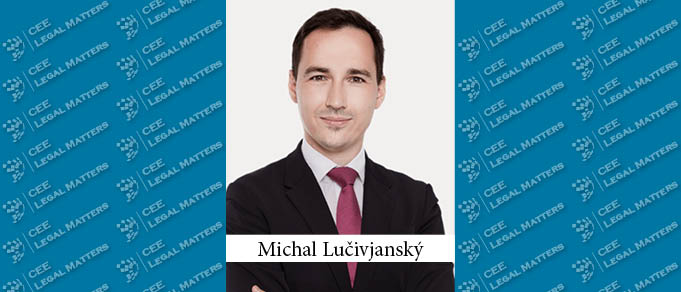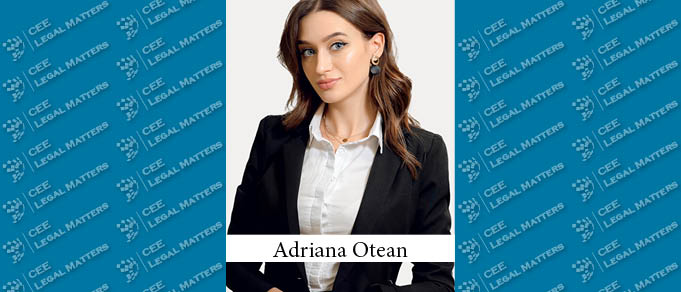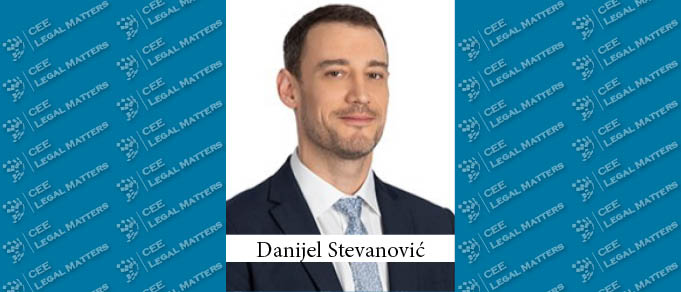Radu Taracila Padurari Retevoescu has advised Integral Venture Partners on its investment in Medima Health. Schoenherr reportedly advised Medima Health majority shareholder Morphosis Capital Fund I.
Moldova: Excursus on the Latest Update to the Labour Code
Following the tendency among EU states to improve labour legislation, through its 28 July 2022 law ("Law 243/2022"), the Moldovan Parliament passed certain amendments to the Labour Code. These were motivated by the need to align the existing legislation to current realities and the recommendations of the International Labour Organization.
RPCK and Schoenherr Advise on YodelTalk's Sale to Sendinblue
RPCK Rastegar Panchal has advised YodelTalk Limited and its founders on the sale of the company to Sendinblue. Schoenherr and, reportedly, Paul Hastings advised Sendinblue on the acquisition.
Schoenherr Advises Managers on EUR 750 Million Issuance by Erste Group
Schoenherr has advised the managers on the EUR 750 million issuance of 2.5% mortgage pfandbriefe due 2030 by the Erste Group Bank. Wolf Theiss reportedly advised Erste.
New Rules in Czech Ubo Law as of 1 October 2022. Immediate Threat of Sanctions.
The Czech Act on Ultimate Beneficial Owners (the "UBO Act") has been effective since 1 June 2021. Not even a year and a half later, Czech lawmakers introduced an amendment to the UBO Act (the "Amendment") after significant pressure from the European Commission to comply with the Fifth Anti-Money Laundering Directive ("AMLD5").
How To Implement Flexible Work Arrangements in Serbia in the Post-COVID-19 Era
During the Covid-19 pandemic, in every industry where it was possible employers transferred their employees to work from home.
The European Commission's Emergency Interventions in the Energy Market: Legal Basis Disputable
On 14 September 2022 the European Commission ("EC") published a proposal for a Regulation on an emergency intervention to address high energy prices ("Emergency Intervention Regulation" or "EIR"). The EIR requires EU Member states to implement three different measures: (i) Reduction in demand for electricity, (ii) Capping market revenues for the generation of electricity from inframarginal technologies (renewables, nuclear and lignite), and (iii) Collection of a monetary solidarity contribution from the fossil fuel industry. The EC says that the intervention measures can be based on Art 122 of the Treaty of the Functioning of the European Union ("TFEU") which establishes a competence for crisis intervention in the energy sector. However, it is questionable if the EC's view is going to withstand a judicial review since Art 122 TFEU has a very limited scope of application and some of the proposed intervention measures appear to go far beyond that scope.
Hungary Extends the Scope of Transaction Tax
As of 1 July 2022, Hungary's already existing financial transaction tax has been extended to payment service provision, credit and loan provision, currency exchange and mediated currency exchange services provided on a cross-border basis in Hungary. Provision of cross-border services means financial services provided in a country other than the country where the seat, place of business, head office, or branch of the service provider is located. Basically, this means that non-Hungarian service providers providing such services to Hungarian customers will most probably be affected by this extension.
Austria: Court Further Strengthens Participation Rights of Environmental Organisations
In its most recent decision in connection with the Fauna-Flora-Habitat Directive (the Habitats Directive), the Supreme Administrative Court (SAC) found that environmental organisations (EOs) – contrary to the principles of process prerequisites in the Austrian legal system – do not have to prove an interest in legal protection.
Schoenherr and Stanivukovic Advise on Greiner Packaging's Acquisition of Alwag from Aling-Conel
Schoenherr, in cooperation with Moravcevic Vojnovic and Partners, has advised Greiner Packaging International on its acquisition of Serbian PET flake producer Alwag from Aling-Conel and Reiwag Facility Services. The Stanivukovic law office advised majority shareholder Aling-Conel on the sale.
PLK Advokati Advises Montenegro's Daily Press and Televizija Vijesti on Sale to United Media
PLK Advokati has advised Montenegrin media companies Daily Press and Televizija Vijesti on the sale of a 51% stake to United Media. Schoenherr reportedly advised United Media.
FDI Screening in Hungary
This article provides an up-to-date overview of the currently existing FDI regimes in Hungary.
FDI Screening in Slovenia
This article provides an up-to-date overview of the currently existing FDI regimes in Slovenia.
Wolf Theiss and Schoenherr Advise on Jade Power's Sale of Romanian Renewable Energy Portfolio to Enery
Wolf Theiss, working with Aird & Berliss, has advised Jade Power Trust on the sale of its portfolio of six renewable energy projects to Enery Power Holding. Schoenherr advised the buyer.
FDI Screening in Slovakia
New investment screening legislation entered into force on 1 March 2021. Under the new FDI regime the acquisition of a shareholding in certain designated entities or of the business of these entities needs to be reported and may be subject to approval of the Slovak Government.
Schoenherr Advises Nord Holding on Acquisition of Heizkurier Group
Schoenherr, working with Noerr, has advised Nord Holding on the acquisition of a majority stake in the Heizkurier Group from Odewald KMU. Heuking and Ebner Stolz reportedly advised the sellers on the deal.
Moldova: New Law on E-Signature
On 19 May 2022, the Moldovan Parliament voted on the new Law on Electronic Identification and Trust Services ("Law 124/2022"). Law 124/2022 will enter into force on 10 December 2022 and replaces the currently existing Law on Electronic Signature and Electronic Document ("Law 91/2014"). This replacement seeks to align the national legislation in the field of electronic signature with European norms, namely the harmonisation with Regulation (EU) No 910/2014 of the European Parliament and of the Council of 23 July 2014 on electronic identification and trust services for electronic transactions in the internal market and repealing Directive 1999/93/EC.
FDI Screening in Serbia
Serbia does not have a foreign investment screening regime comparable to European regimes shaped by the EU FDI Screening Regulation. Rather, Serbia operates a single-sector authorisation system covering the defence sector.






